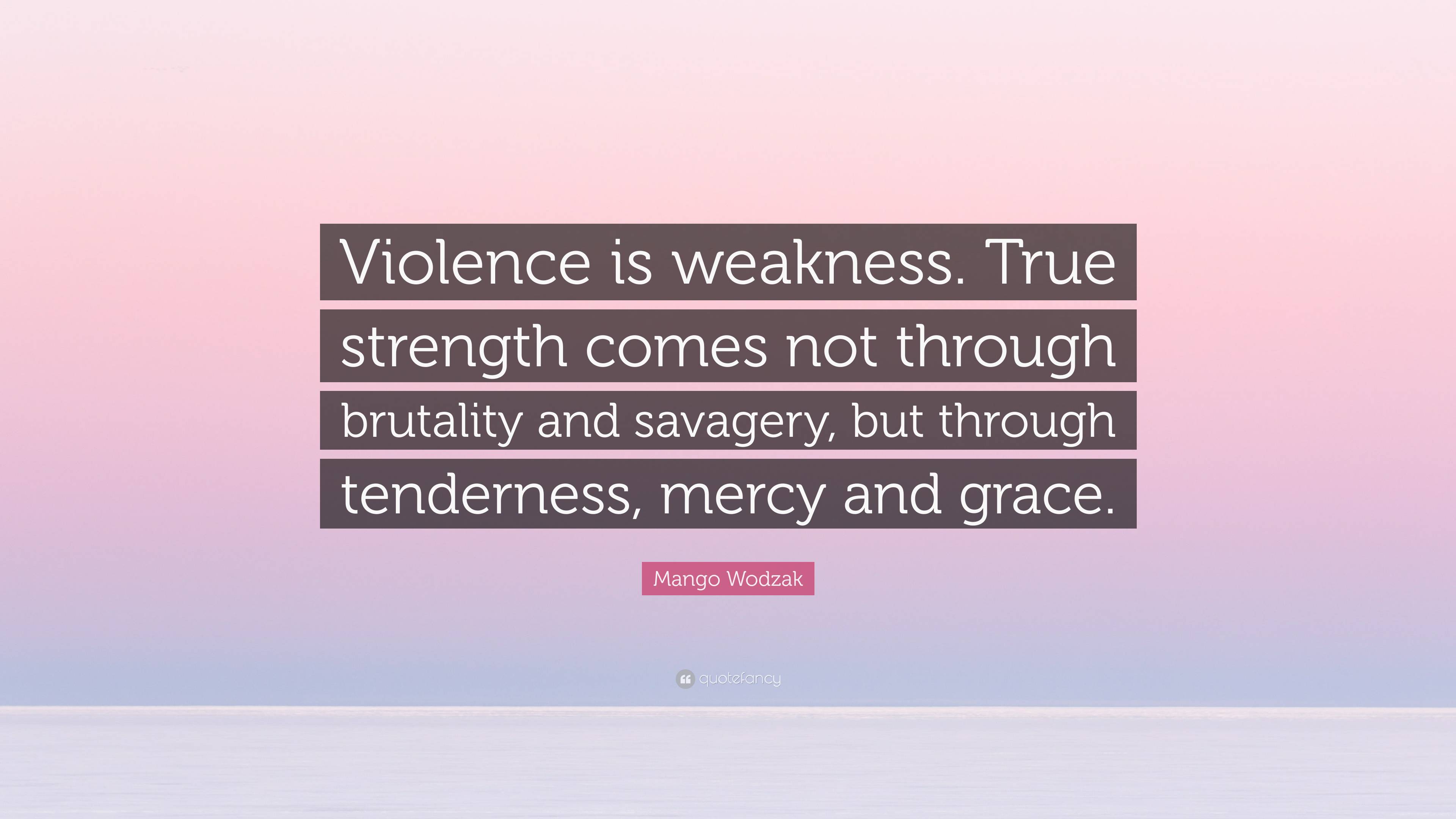Behind The Twisted Violence Of 'Squid Game': True Stories Of Brutality

Behind The Twisted Violence Of 'Squid Game': True Stories Of Brutality
The runaway success of Netflix's "Squid Game" has captivated audiences worldwide, becoming one of the most-watched streaming series in history. However, behind the show's thrilling and gruesome facade lies a disturbing reality: the brutal violence depicted in the show often mirrors real-life horrors that exist in our society.
Violence as Entertainment
One of the primary criticisms of "Squid Game" is its excessive and gratuitous violence. The show's contestants are forced to participate in a series of deadly games, where failure results in gruesome deaths. While such violence may be deemed necessary for the show's premise, it also raises concerns about the desensitizing effects of media content.
Research from the American Psychological Association suggests that exposure to violent media can lead to aggression, hostility, and decreased empathy. By glorifying violence as entertainment, "Squid Game" may contribute to a culture that accepts and even encourages brutality.
Mirror of Real-Life Inequalities
Beyond its entertainment value, "Squid Game" also offers a commentary on real-world inequalities. The contestants in the show are all from marginalized backgrounds, driven to participate in the deadly games by financial desperation or social stigma.
This mirrors the plight of countless individuals around the world who are forced to endure poverty, discrimination, and exploitation. The show highlights the systemic failures that create conditions where people are desperate enough to risk their lives for a chance at a better future.
Psychological Trauma and Exploitation
The violence in "Squid Game" is not limited to physical harm. The contestants also endure psychological torment, emotional manipulation, and exploitation. The show's creators have acknowledged that these aspects were inspired by real-life cases of abuse and trauma.
Studies have shown that exposure to traumatic events can have devastating psychological effects, including post-traumatic stress disorder (PTSD), depression, and anxiety. The portrayal of these horrors in "Squid Game" raises awareness about the prevalence and severity of psychological trauma.
Different Perspectives and Criticisms
While "Squid Game" has received widespread acclaim, it has also faced criticism from various quarters. Some critics argue that the show's violence is unnecessary and exploitative, while others question its moral ambiguity.
Supporters of the show, however, defend its artistic value and its ability to spark important conversations about violence, inequality, and psychological trauma. They argue that the show's brutality is essential for conveying its message effectively.
Conclusion: Reflections on Broader Implications
The success of "Squid Game" highlights the widespread fascination with violence in popular culture. However, it also raises concerns about the potential consequences of excessive exposure to such content and the broader implications for our societal values.
While entertainment can be enjoyable and thought-provoking, it is crucial to approach violent media with critical thinking and an awareness of its potential effects. "Squid Game" serves as a reminder that violence should never be trivialized and that we must work together to create a world where it is no longer tolerated.